Leadership reshuffle spells trouble within China's military governance
The sudden reshuffle of senior officers of the People's Liberation Army has shocked the media and the public. While the reasons for the removal of two generals from the Rocket Force remains unclear, authorities seem to be signalling an anti-corruption wave in China's military. Lianhe Zaobao correspondent Yang Danxu tells us more.
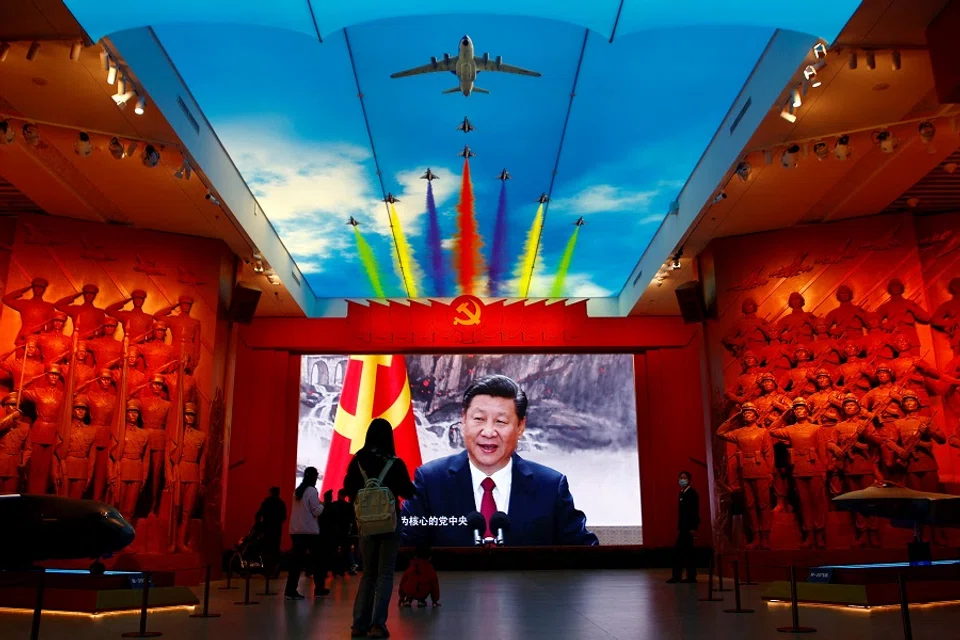
On the eve of the People's Liberation Army (PLA)'s Army Day on 1 August, news about the promotion of two senior PLA officers to the rank of general indirectly confirmed the rumour that an anti-corruption storm is brewing in the PLA Rocket Force.
Sudden change in military leadership
Xinhua News Agency reported that a ceremony was held on 31 July at the Central Military Commission (CMC)'s Eight-One Building in Beijing to promote Wang Houbin and Xu Xisheng to the rank of general, amid their appointments as Rocket Force commander and political commissar respectively.
This is the first public appearance of the pair as commander and political commissar of the PLA Rocket Force. Wang, 62, previously served as deputy commander of the PLA Navy, while Xu, 59, was the Southern Theater Command deputy political commissar and Southern Theater Command Air Force political commissar.
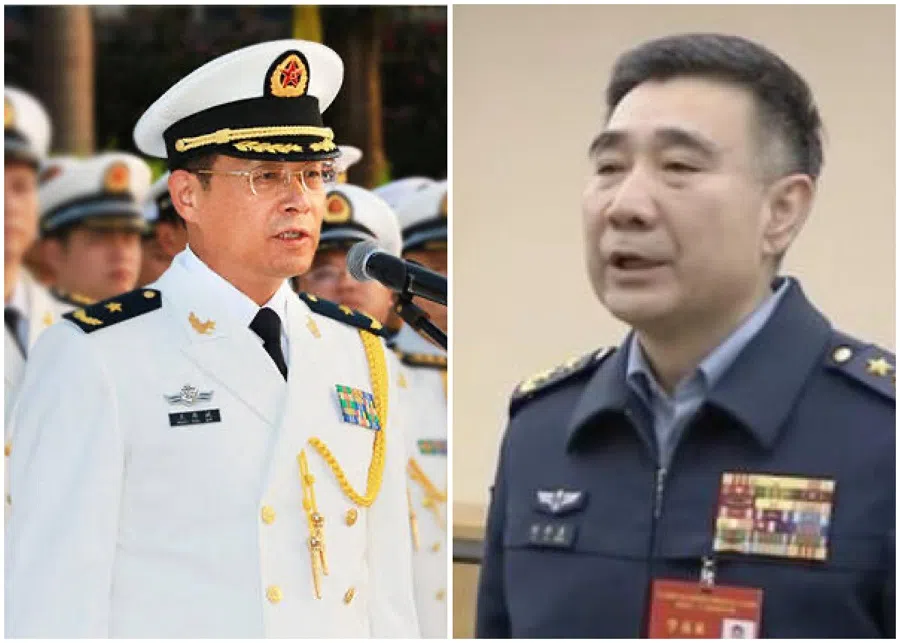
The two officials' debut in their new positions implies that 60-year-old Li Yuchao and 62-year-old Xu Zhongbo have stepped down from their respective positions of commander and political commissar of the PLA Rocket Force.
The South China Morning Post previously reported that Li, along with two of his deputies, were placed under investigation. According to a Financial Times report, two foreign senior government officials briefed on related intelligence said that the Rocket Force leaders were being probed for leaking military information.
However, Chinese officials have yet to reveal Li Yuchao and Xu Zhongbo's whereabouts, and whether something had indeed happened to them.
Important military force in dealing with Taiwan Strait crisis
The PLA Rocket Force is a relatively young military branch, officially established in December 2015 after being renamed from the Second Artillery Corps. However, as the fourth branch of the PLA after the Ground Force, Navy and Air Force, the Rocket Force is considered the core pillar of China's strategic deterrence capability, and high hopes have been pinned on it.
The fact that they were removed from their senior positions in the Rocket Force just nine months later inevitably raises many questions.
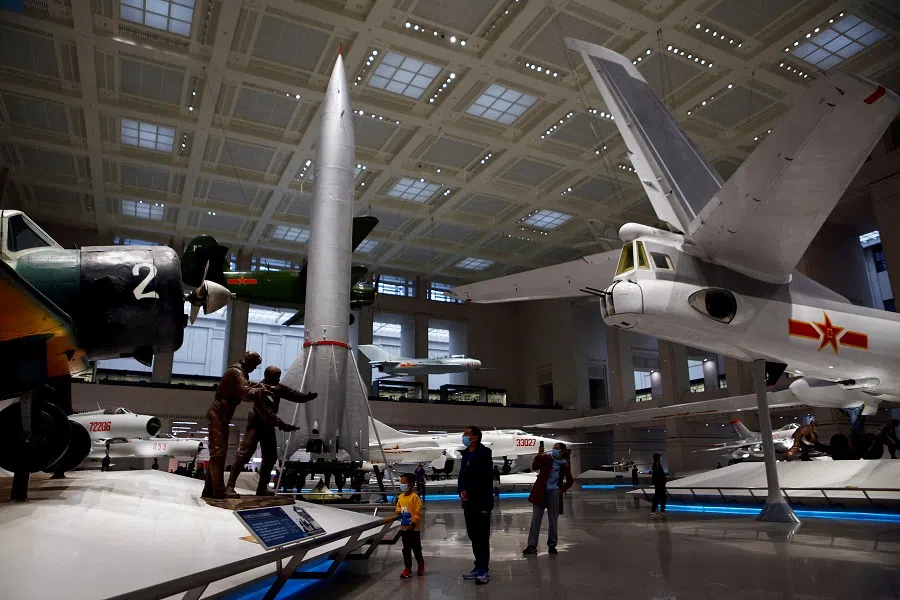
A white paper titled "China's National Defense in the New Era" released in 2019 described the Rocket Force as having "a critical role in maintaining China's national sovereignty and security".
Public information shows that the Rocket Force is responsible for combat missions such as conventional missile and nuclear strikes, and mainly utilises weapons such as the Dongfeng series of ballistic missiles that the outside world is familiar with. It is also an extremely important military force for the PLA in dealing with the Taiwan Strait crisis. Its unique strategic importance and confidentiality makes high-level personnel changes within the Rocket Force particularly sensitive.
The simultaneous replacement of the Rocket Force's commander and political commissar is rare and shocking. Li Yuchao and Xu Zhongbo are PLA generals who had just entered the Chinese Communist Party (CCP)'s 20th Central Committee last October. The fact that they were removed from their senior positions in the Rocket Force just nine months later inevitably raises many questions.
Possible leak of information
The newly appointed higher-ups of the Rocket Force are also very different from their predecessors. Since its establishment in December 2015, the Rocket Force's first commander Wei Fenghe and subsequently Zhou Yaning and Li Yuchao, were promoted from within the Second Artillery Corps or Rocket Force. This time, the Rocket Force's new commander Wang Houbin and political commissar Xu Xisheng come from the Navy and Air Force respectively.
Does this massive political reshuffle and appointment of a commander and political commissar from outside of the Rocket Force imply that China's upper echelons no longer trust Rocket Force officials?
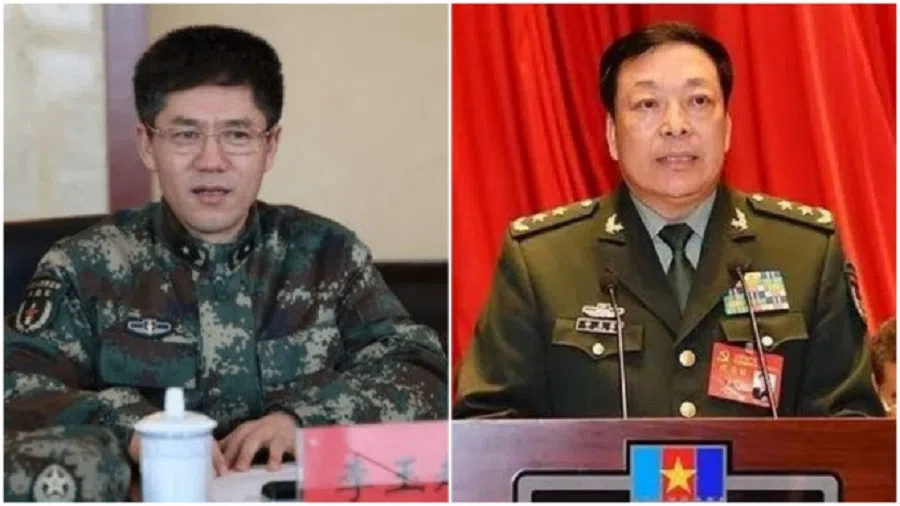
Does this massive political reshuffle and appointment of a commander and political commissar from outside of the Rocket Force imply that China's upper echelons no longer trust Rocket Force officials? Or does this mean that they are about to break the complicated network of relationships within the Rocket Force?
Before news of the reshuffle came out, there was already wind of personnel changes in the Rocket Force.
The death of former Rocket Force deputy commander Wu Guohua spread on social media last month, and there was speculation over the cause. An article from The Paper on 27 July said that Lieutenant General Wu passed away on 4 July following "ineffective medical treatment", but Xinhua has yet to release an official obituary.
Last week, the South China Morning Post quoted anonymous sources in reporting that the CMC's Discipline Inspection Committee and the military's auditing department are conducting a corruption investigation into Rocket Force commander Li Yuchao, along with his deputy Liu Guangbin and former deputy Zhang Zhenzhong.
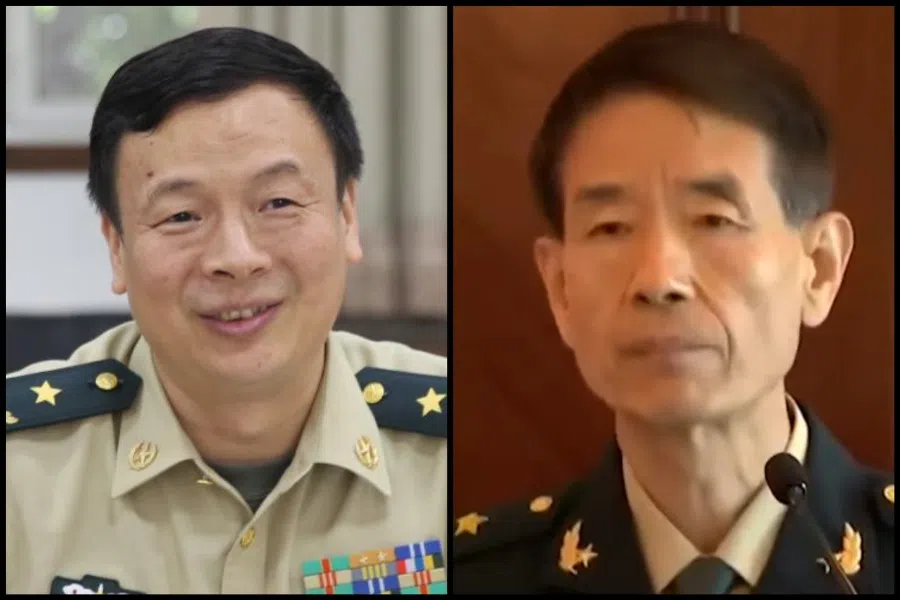
As for the reasons for the investigation, the report quoted an anonymous source as saying that the three personnels had more opportunities to engage with defence-related enterprises after being transferred to Beijing, implying the possibility of corruption. Some foreign media also said that the trigger for the investigation might be related to leaks, which could be linked to the detailed report by the US Air University in October last year about the Rocket Force's structure and base deployment.
Impending anti-corruption wave in the military
Prior to the Army Day on 1 August, there were frequent signals from the top echelons of the CCP and military of possible significant action against corruption in the military. During a meeting from 20 to 21 July, CCP General Secretary and CMC chair Xi Jinping called for continued efforts in advancing full and rigorous party and military governance with strict discipline in every respect, while CMC vice-chair He Weidong emphasised continued efforts in firmly combating corruption.
During a group study session of the Politburo on the comprehensive strengthening of military governance on 24 July, Xi reiterated the need to strengthen the management and supervision of military expenditure and deepen governance in key areas. Two days later, during his inspection of the air force of the Western Theater Command, he again emphasised broadening and deepening integrity, discipline and anti-corruption efforts.
On the same day, the CMC's Equipment Development Department issued a notice calling for tips about violations and breaches of discipline by experts involved in equipment procurement tenders since October 2017. Indeed, all these signs point to an impending anti-corruption wave in the military.
... the never-ending pursuit of "tigers" may erode the public's confidence in anti-corruption efforts...
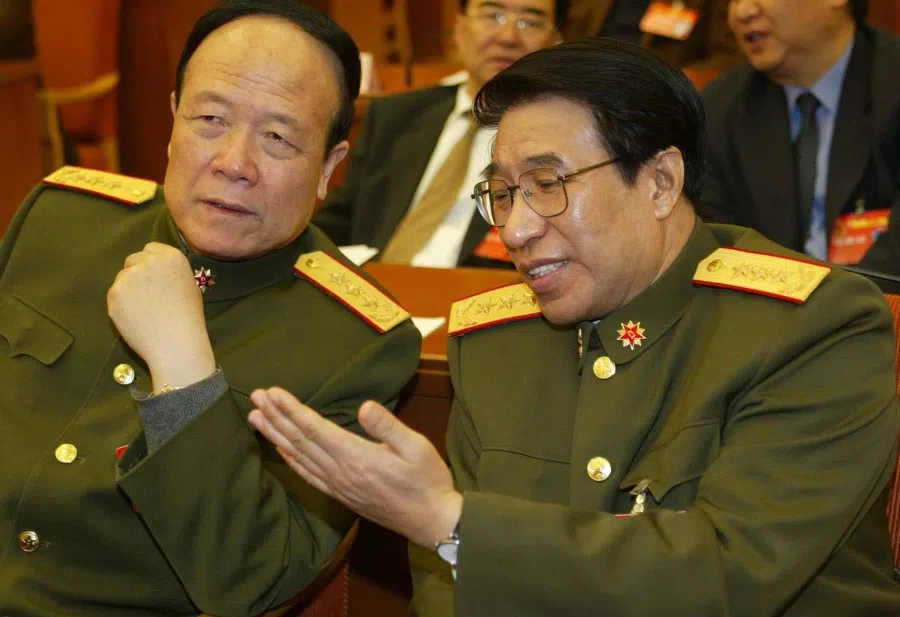
Since the 18th Party Congress, the CCP has been carrying out a high-pressure campaign against corruption, including within the military. Those at the top have taken quick, sharp action against "tigers" such as the two former CMC vice-chairs Guo Boxiong and Xu Caihou, as well as corrupt practices such as luxurious indulgences and the buying and selling of military positions. However, despite these efforts, shocking corruption cases in various areas continue to surface, showing that anti-corruption efforts are not as simple as they seem.
The Chinese authorities often say that the fight against corruption cannot stop and the battle must be constantly waged. However, the never-ending pursuit of "tigers" may erode the public's confidence in anti-corruption efforts, showing that it is not yet at a level of deterring people from corruption.
As the saying goes, sunlight is the best disinfectant. In the long struggle against corruption, systemic reforms to eliminate the breeding grounds of corruption remain necessary, as deep-rooted corruption has always been the most significant threat to the CCP's rule.
This article was first published in Lianhe Zaobao as "火箭军高层洗牌揭开反腐大幕".
Related: China's corruption crackdown targets officials even after they step down | Corruption in China seeps into the Buddhist world | What's new in Xi Jinping's 20th Party Congress report | Why 'political swindlers' are still rife in China | A new paradigm needed: China cannot achieve 'common prosperity' with Marxism and class struggle

![[Big read] Paying for pleasure: Chinese women indulge in handsome male hosts](https://cassette.sphdigital.com.sg/image/thinkchina/c2cf352c4d2ed7e9531e3525a2bd965a52dc4e85ccc026bc16515baab02389ab)
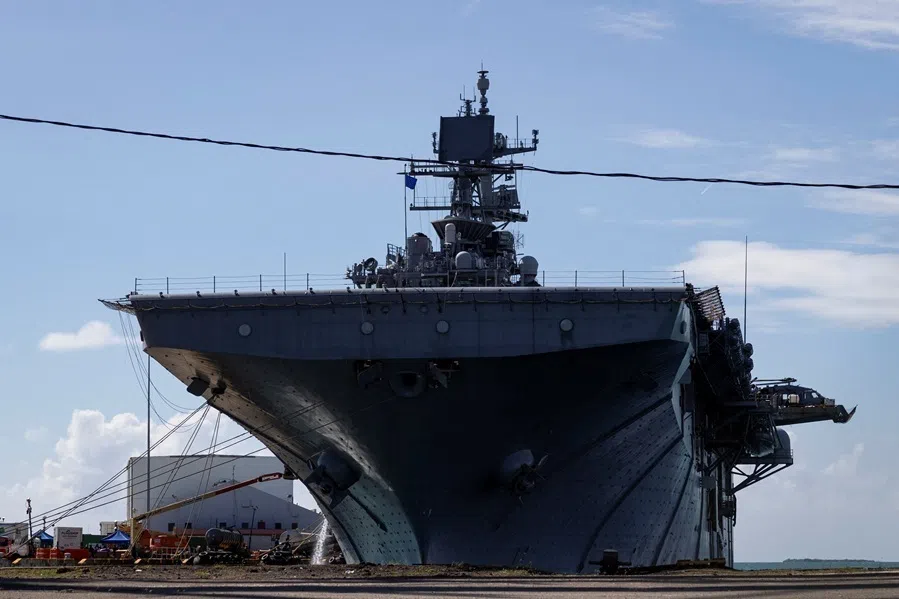

![[Big read] How UOB’s Wee Ee Cheong masters the long game](https://cassette.sphdigital.com.sg/image/thinkchina/1da0b19a41e4358790304b9f3e83f9596de84096a490ca05b36f58134ae9e8f1)
